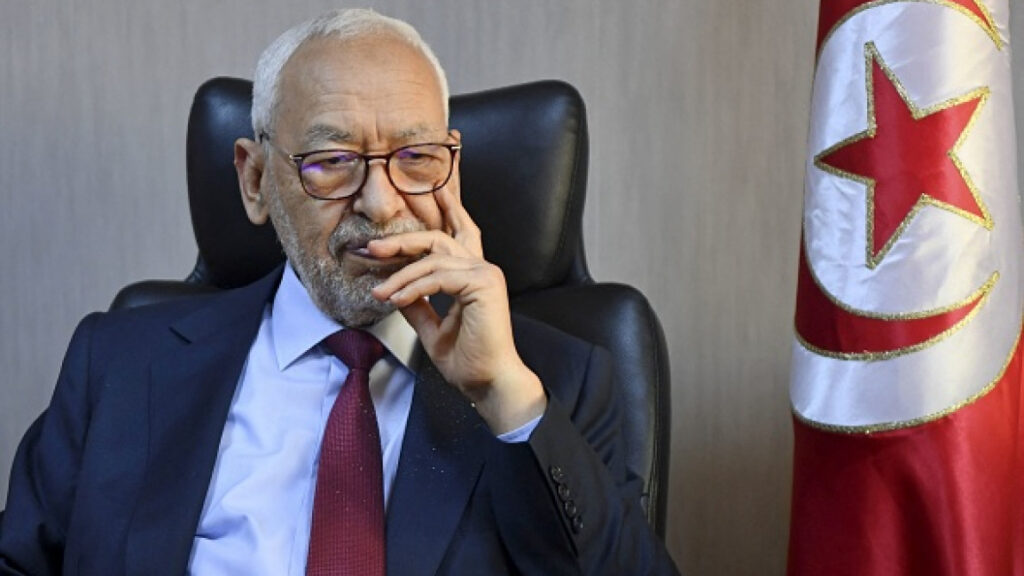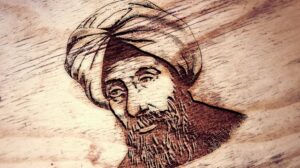
Rached Ghannouchi: Public freedoms in Islam
By Ayesha Omar
Rached Ghannouchi, co-founder of Tunisia’s Ennahda political movement, stands as a key figure in contemporary Islamic political thought. Born in 1941 in El Hamma, Tunisia, Ghannouchi’s political journey began in the 1960’s when he was drawn into the currents of Arab nationalism. After studying philosophy in Damascus and at the Sorbonne in Paris, he returned to Tunisia in 1968, where his ideological shift towards Islamism crystallized. In 1981, Ghannouchi co-founded the Islamic Tendency Movement, which later became the Ennahda Party.
Ghannouchi’s activism led to repeated confrontations with the Tunisian government. He was imprisoned from 1981 to 1984 and again briefly in 1987. Following a crackdown on Islamist movements, he went into exile in 1989, primarily residing in London for two decades. During this period, he developed and refined his theories on Islamic democracy, becoming a prominent voice in debates on Islam and modernity.
The Tunisian Revolution of 2010-2011 marked a turning point. Ghannouchi returned to Tunisia in 2011 after 22 years in exile, re-entering the political arena. Under his leadership, Ennahda played a significant role in Tunisia’s democratic transition. His political influence culminated in his election as Speaker of the Assembly of the Representatives of the People, a position he held from 2019 to 2021. Nonetheless, Ghannouchi’s political fortunes reversed in July 2021 when Tunisian President Kais Saied suspended parliament. At the time of writing, he remains incarcerated, a situation that has reignited debates about the role of Islamist movements in Tunisia’s fragile democracy.
In his latest book, Public Freedoms in Islam, Ghannouchi offers a compelling argument on the compatibility of Islam and democracy. His core argument calls for reinterpreting Islamic jurisprudence to align with civil liberties. As such, he suggests that the Universal Declaration of Human Rights largely aligns with the objectives of shar’ia when properly understood. This perspective challenges both conservative Islamic interpretations and secular critiques of Islam as anti-democratic.
Central to Ghannouchi’s thesis is the concept of maqasid al-Shari’a (higher objectives of Islamic law). He argues these objectives, prioritizing the preservation of life, religion, intellect, lineage, and property, align with modern human rights frameworks. By emphasizing the spirit over the letter of Islamic law, Ghannouchi proposes a flexible application of religious principles in governance.
This approach allows Ghannouchi to argue that justice and human welfare, traditionally seen as exclusive to Islamic governance, can be realized through various political structures, including Western-inspired democratic models. Ghannouchi’s work bridges Islamic and Western political thought. By asserting that Islamic law’s objectives can be advanced through multiple means, he challenges the binary opposition often drawn between Islamic and secular governance.
The English translation of “Public Freedoms in the Islamic State” arrives at a crucial juncture in global politics. As debates about religion’s role in public life shape political landscapes across the Muslim world and beyond, Ghannouchi’s ideas offer a framework for reconciling Islamic traditions with contemporary governance challenges.
Dr Ayesha Omar is a senior lecturer in political studies at the University of the Witwatersrand and is currently a British Academy International Fellow at SOAS, University of London. She is working on a new book project on Black Intellectual History in South Africa.


